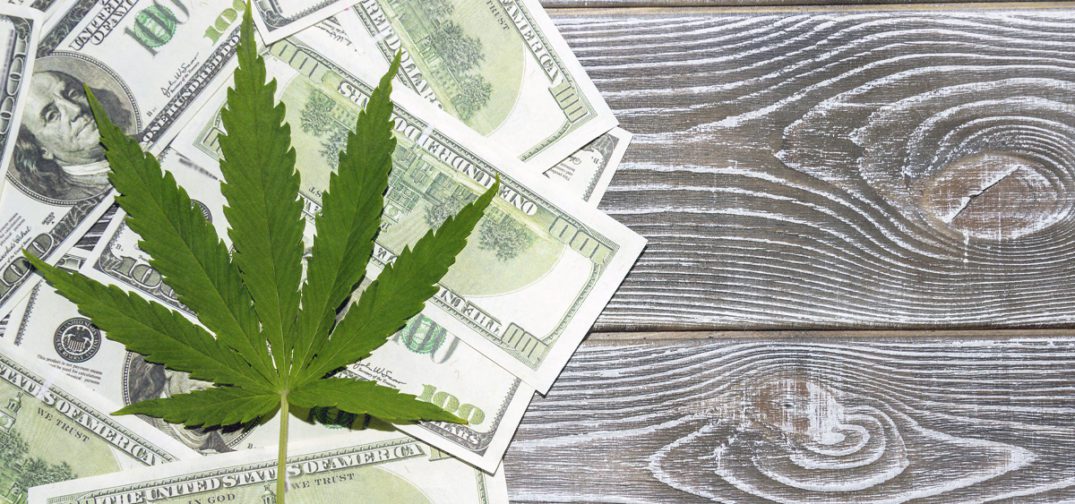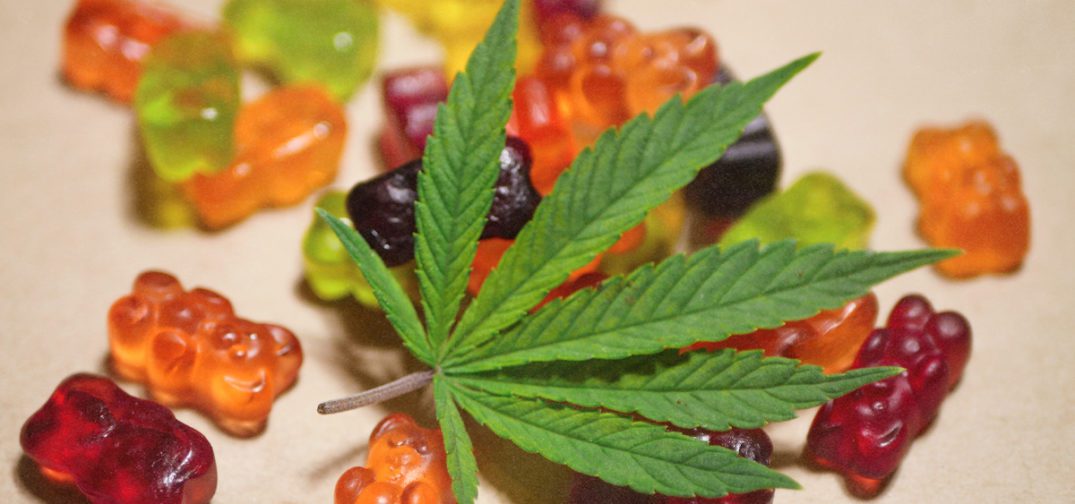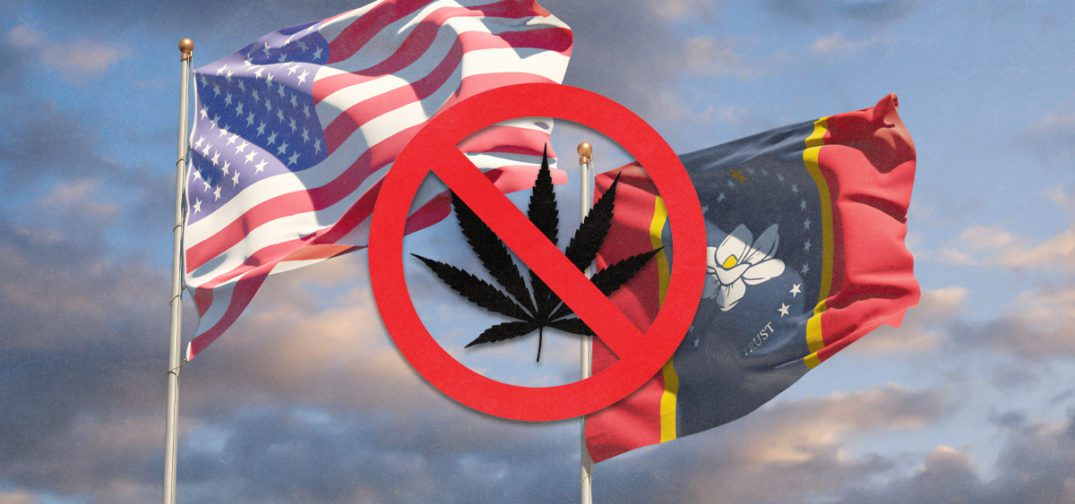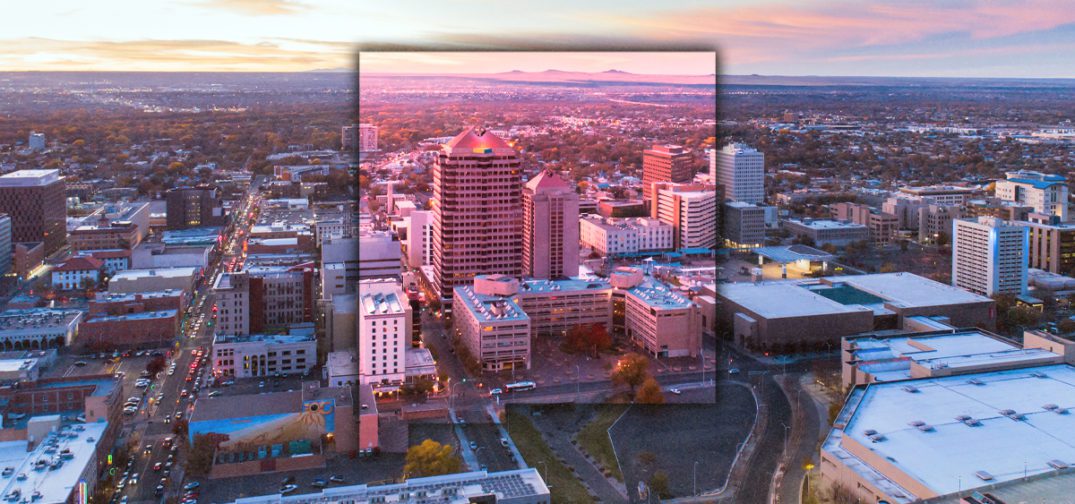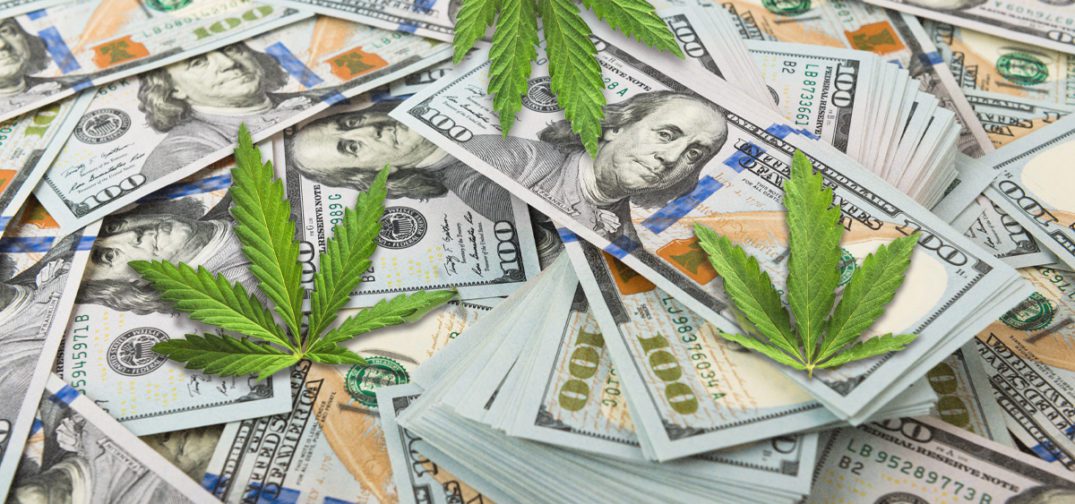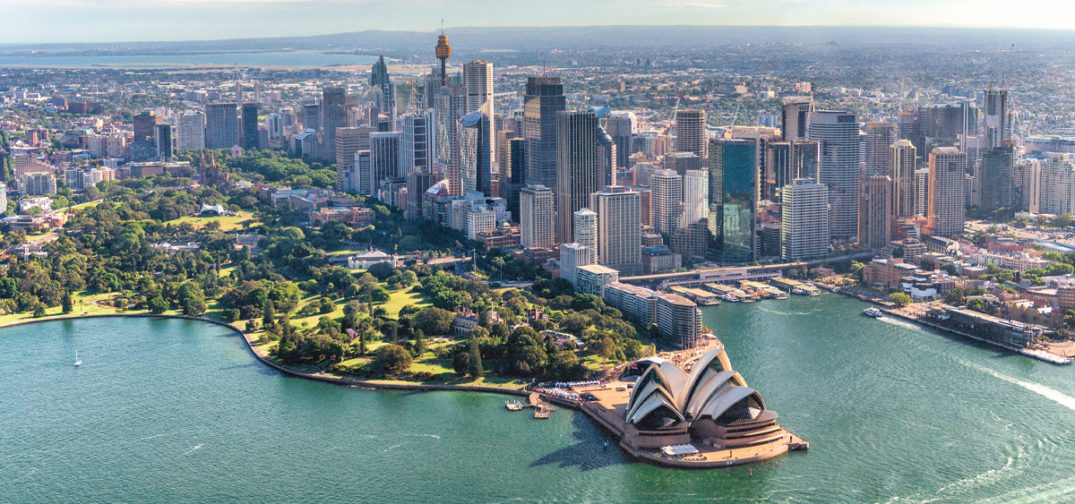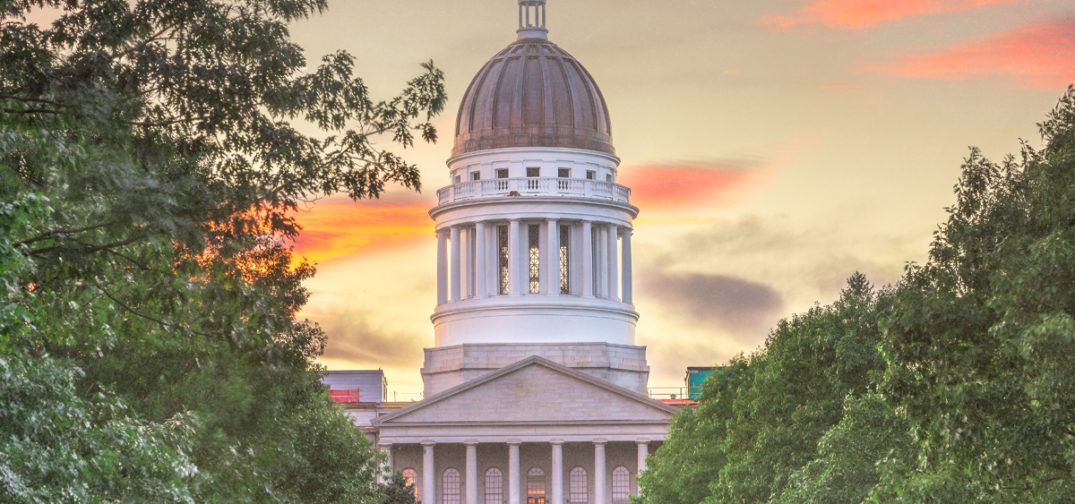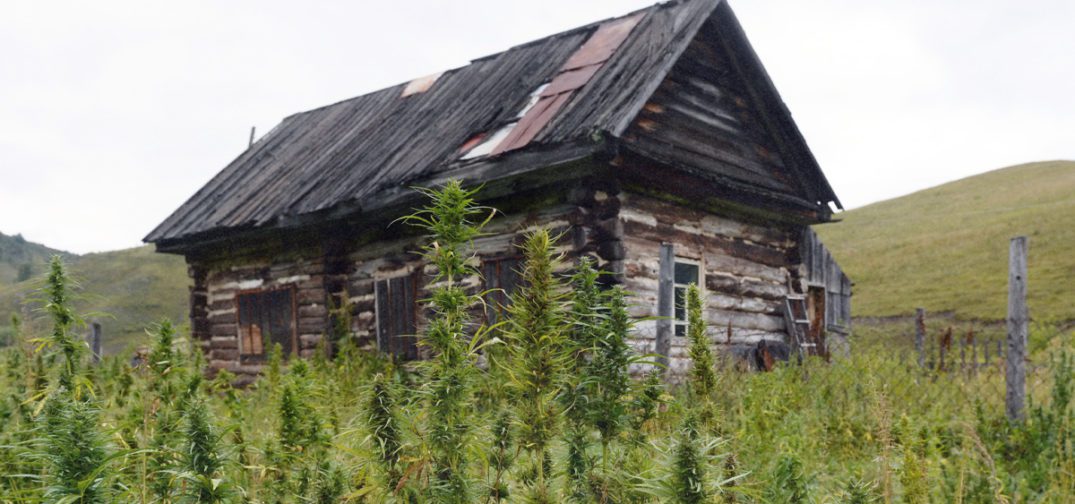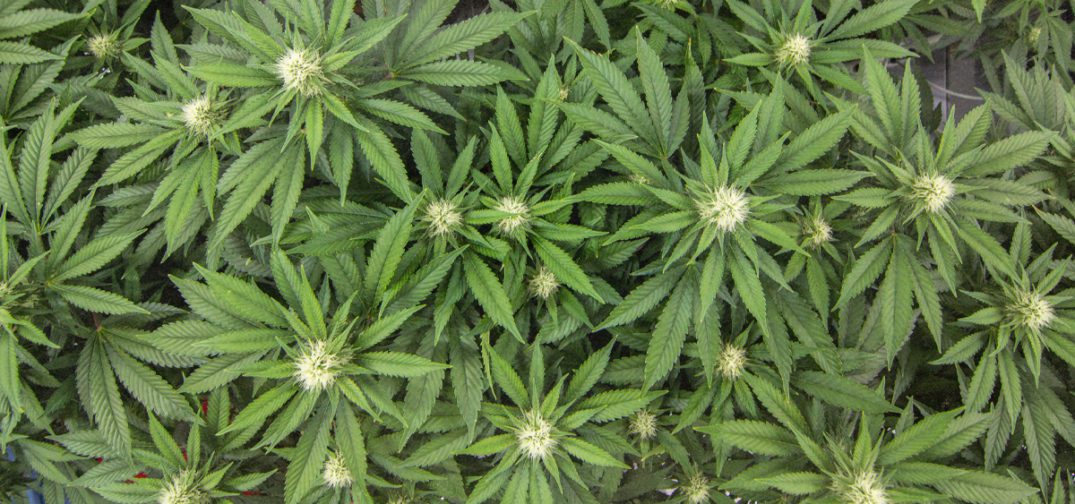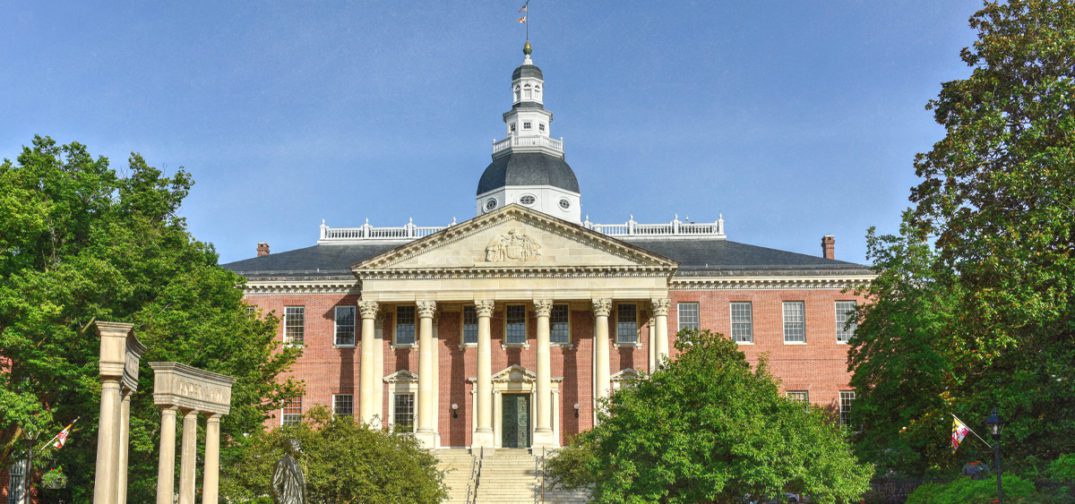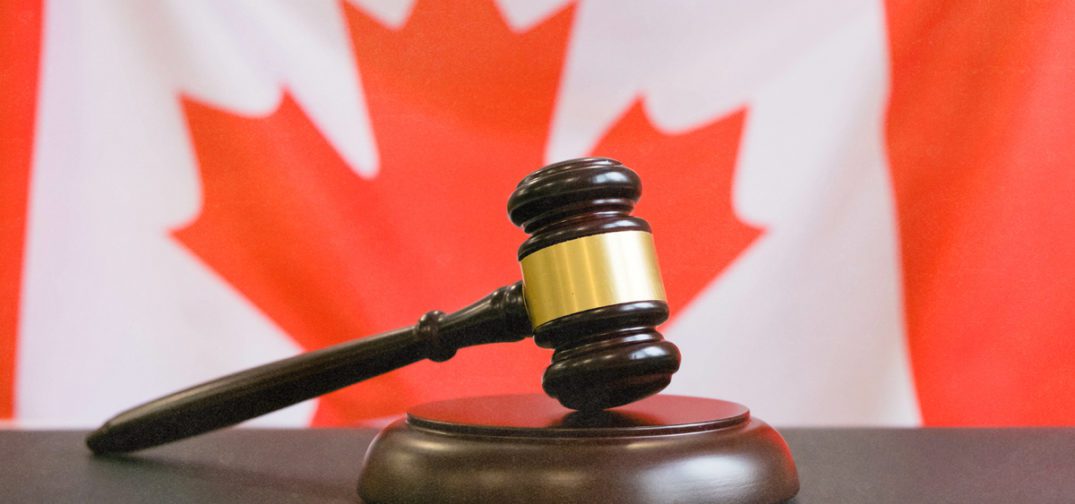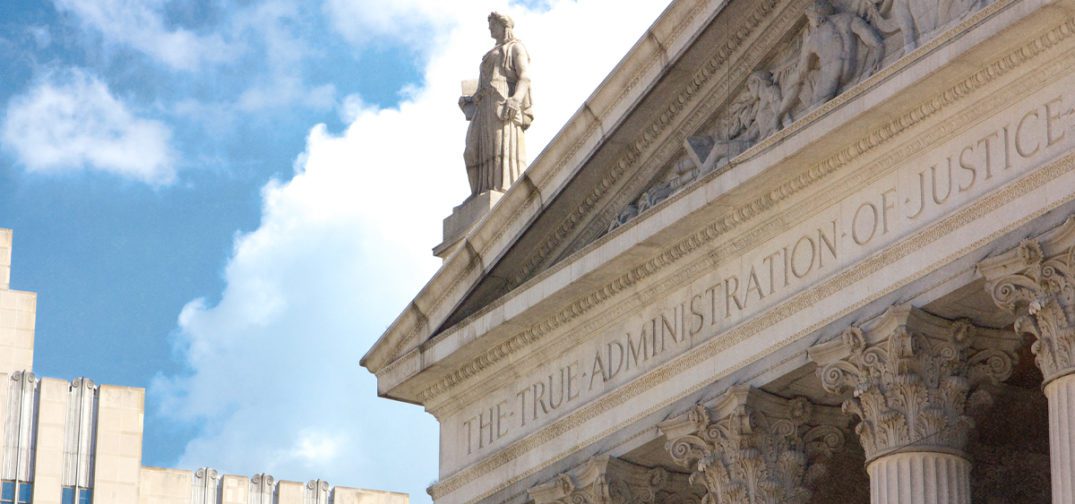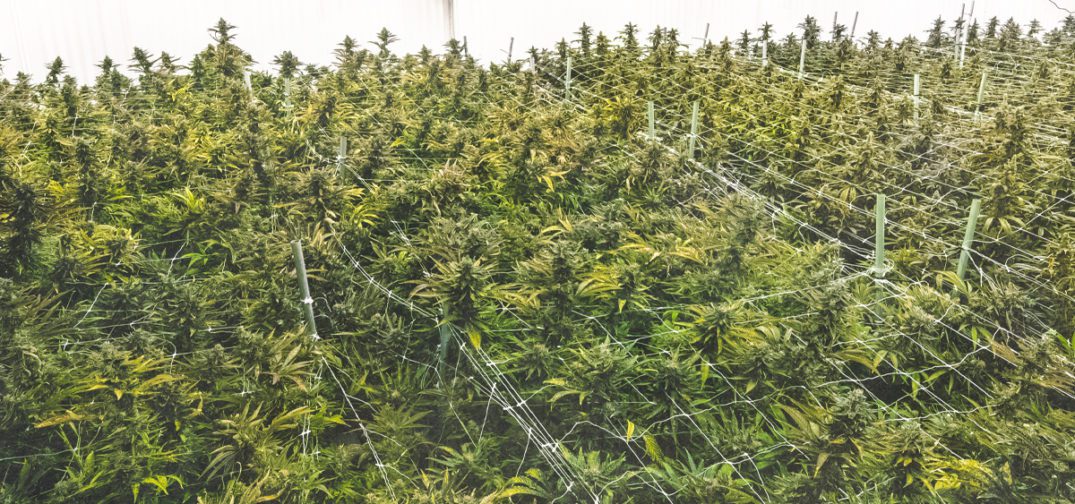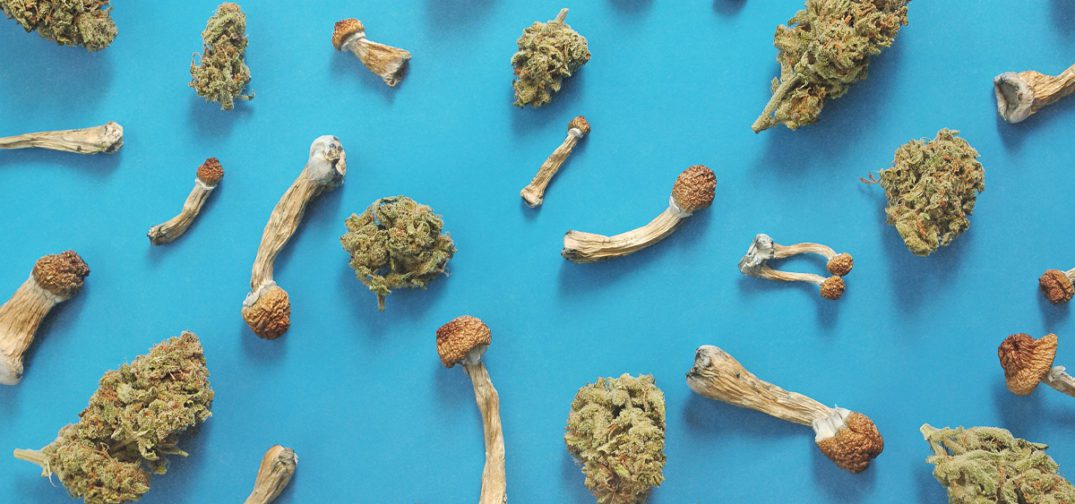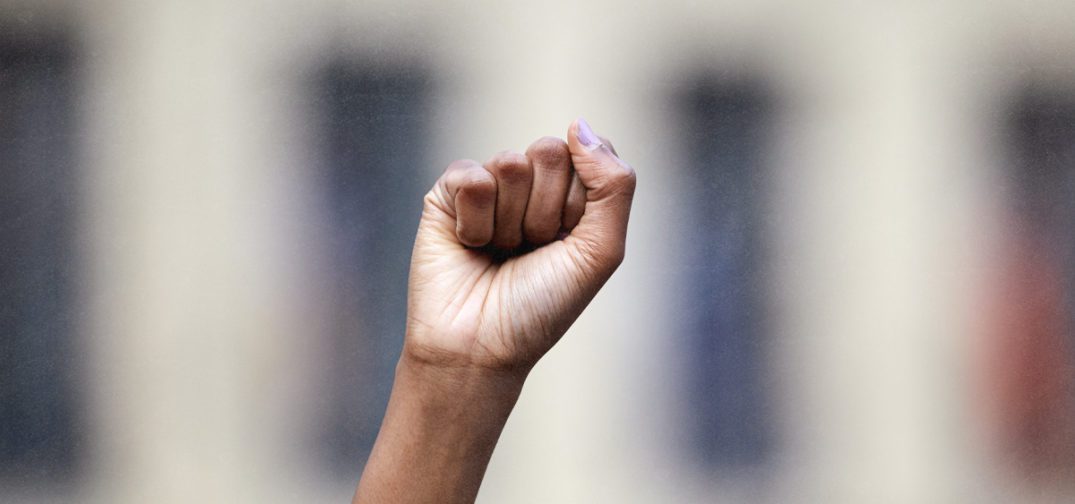Medical cannabis sales in Missouri have surpassed $200 million during the program’s first 14 months, according to state Department of Health and Senior Services data outlined by the eMissourian. In all, there are more than 160,000 medical cannabis patients in the state.
So far, there are 180 dispensaries, 58 manufacturing facilities, 41 cultivators, 19 transportation-related businesses, and eight testing laboratories licensed by the state. In 2020, however, 85% of 2,200 medical cannabis commercial license applications in the state were denied, hemp farmer Michael Desmond wrote in an op-ed in the Missouri Independent.
Kathleen Beebe, a spokeswoman with Missouri Health and Wellness, told eMissourian that the industry has, so far, created 6,000 jobs in the state. She added that she expects the number of registered patients in the state to “dramatically increase” as people gain an understanding of how the cannabis plant could help them.
Legal cannabis advocates in the state, led by Legal Missouri 2022, are campaigning to put an adult-use question on this year’s midterm ballots and must collect 175,000 signatures to put the issue to voters. The medical cannabis initiative was approved by 66% of Missouri voters in 2018.
The legalization proposal, a constitutional amendment, would create an automatic expungement program for citizens convicted of nonviolent cannabis-related offenses. It would tax adult-use cannabis sales at 6%, with revenues earmarked for the state health department, veteran care, drug addiction treatment, and the state’s public defenders program. Under the proposal, cities could add an additional 3% sales tax if they choose.
The amendment would grant 144 new cannabis business licenses via lottery, with 66% of them set aside for cultivation companies and 33% for dispensaries.
End
